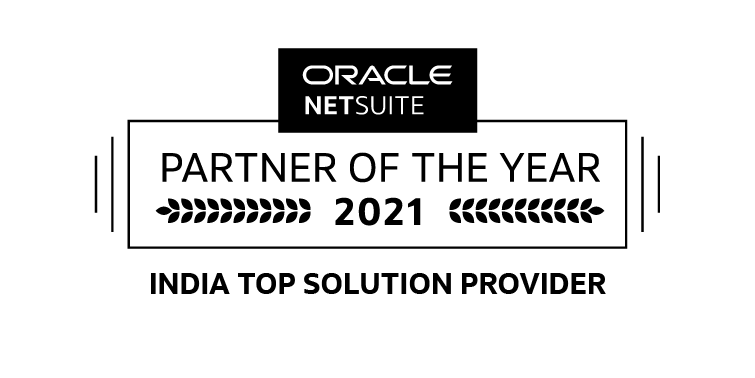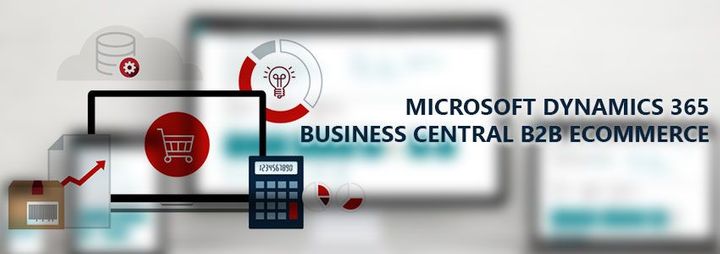Dynamics 365 Business Central helps organizations to deliver unique, consistent and memorable shopping experience across multiple channels and for multiple devices. Microsoft Dynamics 365 is a robust business application that enables you to deliver seamless e-commerce experience irrespective of your customer segment that is B2B buyers or B2C consumers. D365 can be tailored to cover large e-commerce deployments for B2C, B2B, as well as self-service portals for customers.
With fully integrated omnichannel e-commerce platform, Microsoft Dynamics 365 Business Central enables third-party online stores to create a full-featured & functional e-commerce website. The rich shopping cart and checkout features of Dynamics 365 support cross channel scenarios. With Dynamics 365 e-Commerce platform, single customer identity can be created while enabling organizations to manage customer account, order history, wish lists, and loyalty through the online store. The support for integrated payments and Open ID integration ensures seamless user authentication. By using Microsoft Dynamics 365, organizations can centrally manage products, merchandising, and order fulfillment for all aspects of your online sales channel.
Different Components for Dynamics 365 Business Central Ecommerce

Retail Headquarters:- Dynamics 365 Business Central delivers unified commerce across all channels, enabling you to centrally manage and configure the online store, products, merchandising, and order fulfillment in the Retail headquarters. Dynamics 365 consists of sales, mobility, intelligence, and productivity to help retailers and workers achieve more in a cloud-first, mobile-first manner. With comprehensive support to operate a wide range of business processes, Dynamics 365 provides immersive customer experiences across all touch points.
Commerce Data Exchange:- There are several components available in Commerce Data Exchange that enable data exchange between Dynamics 365 and online store. This functionality enables data transfer between Retail headquarters and retail channels or brick-and-mortar stores. The database that stores data for a retail channel is separate from the Retail database. Furthermore, the channel database contains data which is required for retail transactions. In Dynamics 365, master data is configured in Retail headquarters and distributed to channels while transactional data is created in the point of sale (POS) system or the online store.
Retail Server:- All customer services that are required for e-Commerce are provided through Retail Server which is a set of OData Web API. The features include Shopping cart, order management, shipping prices, taxes, wish lists, customer account management, and loyalty. Furthermore, Retail Server supports integration with Open ID connect providers for customer authentication.
Publishing:- By publishing a Retail online store channel, the basic structure of your online store is replicated between Microsoft Dynamics 365 for Retail and Microsoft SharePoint. However, before publishing an online store channel, you must complete the following setup tasks:
- Add the online store to the organization hierarchy.
- Create the online store and configure properties.
- Configure the category hierarchy of your site.
Dynamics 365 supports data export to an external online data store that supports advanced capabilities for search as needed by the online store. Publishing API can be integrated into a publisher that can run periodically in the CMS.
Proxy:- It is used by the e-Commerce platform to communicate with Retail Server. While creating a new controller for Retail Server API or extending the existing controller, you need to generate the Retail proxy by using the tools that are available as part of the Retail software development kit (SDK).
Controls:- Dynamics 365 provides controls for checkout, shopping cart, mini shopping cart, delivery picker, and order confirmation alongside customer login and order history. ASP.NET online stores can directly embed these controls while online stores with other technologies can integrate with the controllers layer available in the e-Commerce SDK.
3rd party storefront:- ASP.NET online store is available on both demo and developer topologies and is part of the SDK.








